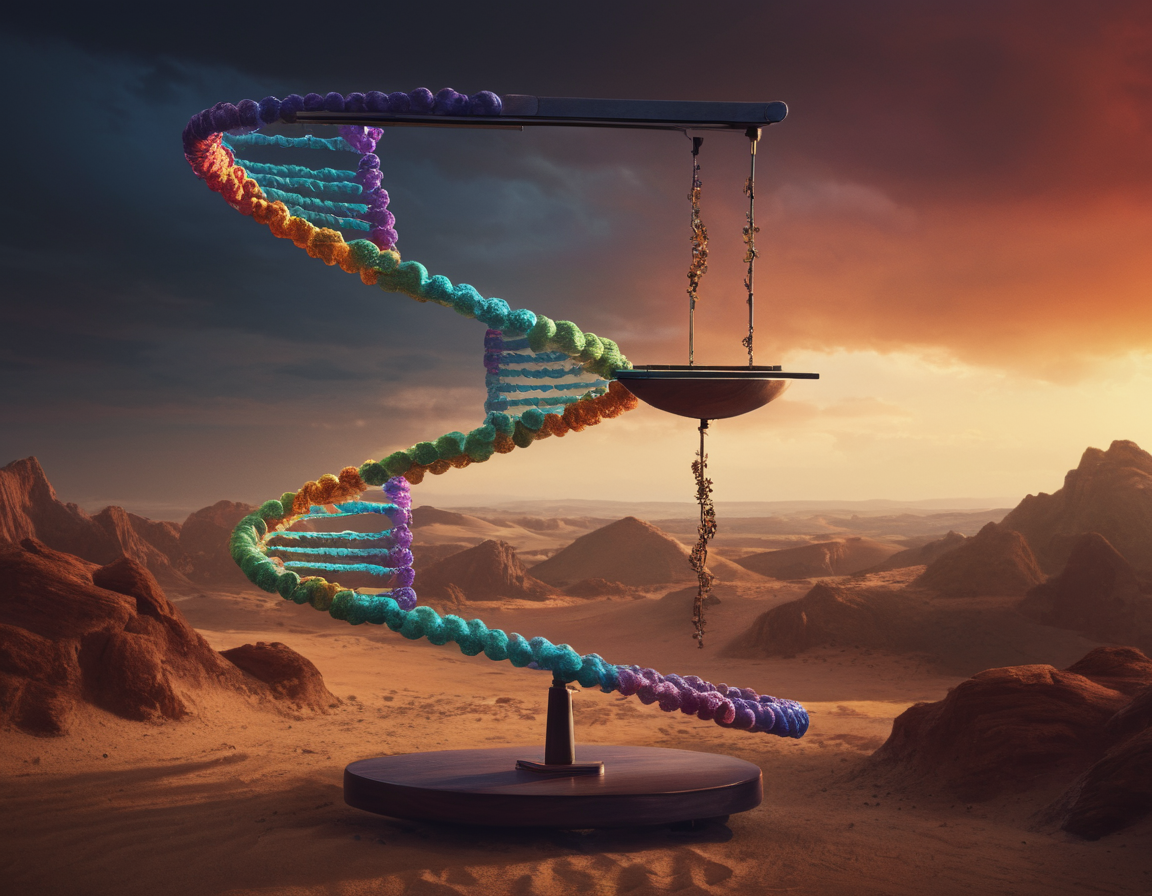Understanding CRISPR: The Future of Genetic Editing
Demystifying CRISPR: A Revolution in Genetic Engineering
The world of science has been abuzz with a revolutionary technology that promises to change the landscape of genetics and medicine. This groundbreaking tool is known as CRISPR-Cas9 – a complex yet fascinating subject that may very well shape our future. The essence of CRISPR lies in its capacity to accurately and efficiently edit genes within organisms, a concept that was once confined to the realms of science fiction.
What is CRISPR?
CRISPR, or Clustered Regularly Interspaced Short Palindromic Repeats, is a naturally occurring defense mechanism found in the immune system of bacteria and archaea. These organisms use CRISPR as a sort of ‘molecular scissors’ to cut out and disable the DNA of invading viruses. Scientists have harnessed this mechanism to target and edit sequences of DNA in other organisms, including plants, animals, and even humans.

The Power of Precision
The precision of CRISPR technology is unprecedented. With it, researchers can target specific genes for addition, disruption, or change, leading to potential cures for genetic disorders, improvements in crop resilience, and much more. The implications of such a versatile tool are enormous, both ethically and scientifically.
Recent Advancements and Applications
In recent years, CRISPR has had numerous successful applications. Scientists have used CRISOR to correct genetic mutations responsible for conditions like cystic fibrosis and sickle cell disease in isolated human cells. The techology has also made strides in the agricultural sector, with CRISPR-modified crops being developed to resist pests and harsh environmental conditions without the need for chemical pesticides or excessive amounts of water.
The Ethical Debate
As with any powerful technology, CRISPR raises significant ethical questions. The prospect of ‘designer babies’, with genes modified for desired traits like intelligence or appearance, has sparked intense debate. The long-term effects of gene editing on ecosystems and human evolution are also poorly understood, requiring careful consideration and debate.

The Future of CRISPR
The future of CRISPR is full of possibilities. As we advance our understanding and improve upon the technology, there is hope for revolutionary treatments for a myriad of genetic conditions, and advancements in crop science that could address food security globally. The key will be in balancing the incredible potential of CRISPR with responsible usage and ethical considerations.
Conclusion
CRISPR-Cas9 is more than just a scientific breakthrough; it’s a beacon of hope for countless applications that can benefit mankind. While it is sure to face regulatory and ethical challenges, the continued exploration of CRISPR stands as a testament to human ingenuity and our ceaseless pursuit of knowledge and improvement.
Ready to learn more about CRISPR and its potential? Stay tuned for the latest research and debate in the field of genetic editing.
Did you find this article enlightening? Share it with friends and family, and join the conversation by leaving a comment below!






